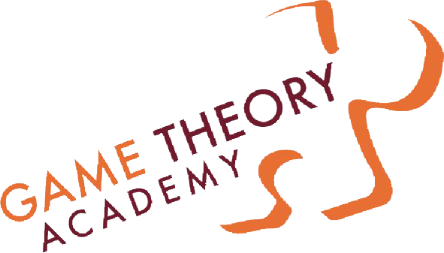By GTA Instructor Andrew Goldstein
Beep. Beep. Beep. You push snooze on the alarm clock for 15 minutes. And then another 15. By the time you wake up, you can no longer walk to work as you normally do. You leap out of bed, fix up a breakfast to go, throw on some clothes, and run out to catch the bus. Just as you board the bus, you realize that in your rush to get out the door you forgot to grab the bagel and coffee from your kitchen counter. Damn! After getting off the bus, you pop in to Starbucks and purchase a bagel and medium latte before starting your day at work.
Let’s focus on the initial decision that set this horrendous morning in motion: snoozing the alarm clock. While it might seem as if there is nothing economic about the decision to snooze the alarm clock (it’s hardly much of a decision at all!), let me try to convince you otherwise.
Opportunity cost is defined as ‘the benefits that you give up when you choose one thing over another.’ We can think of the decision to push snooze on the alarm clock as a binary choice: either you give up the benefits of sleeping in OR you give up the benefits of waking up early. You can’t be awake and asleep at the same time!
If you had woken up 30 minutes earlier, you wouldn’t have spent bus fare ($2.50) because you could have comfortably walked to the office instead. If you had a few extra minutes at home, you would have eaten your breakfast before walking to work instead of rushing out and leaving it on the counter. The price for a bagel and coffee is significantly more at Starbucks (bagel $2.00 & coffee $3.50) than it would have been at your apartment because you normally buy in bulk at the grocery store and don’t brew a premium coffee brand. Adding insult to injury, you’ll have to throw out the bagel and coffee sitting on your kitchen counter when you get home from work later – almost as if you consumed them.
If you add up all the costs, the opportunity cost of getting an extra 30 minutes of sleep on this particular morning works out to be about $8 plus any stress you incurred from the whole ordeal. All of a sudden, this seemingly accidental choice has taken on the look and feel of an economic decision.
Opportunity Cost asks the question “What if?” in ways that can sometimes be uncomfortable for us. Who wants to feel guilty about sleeping an extra 30 minutes? But that is exactly what Game Theory Academy forces us to do. Ask the tough questions. Think about the economic consequences of every choice that we make. Even those choices that may not seem like economic decisions at all.
